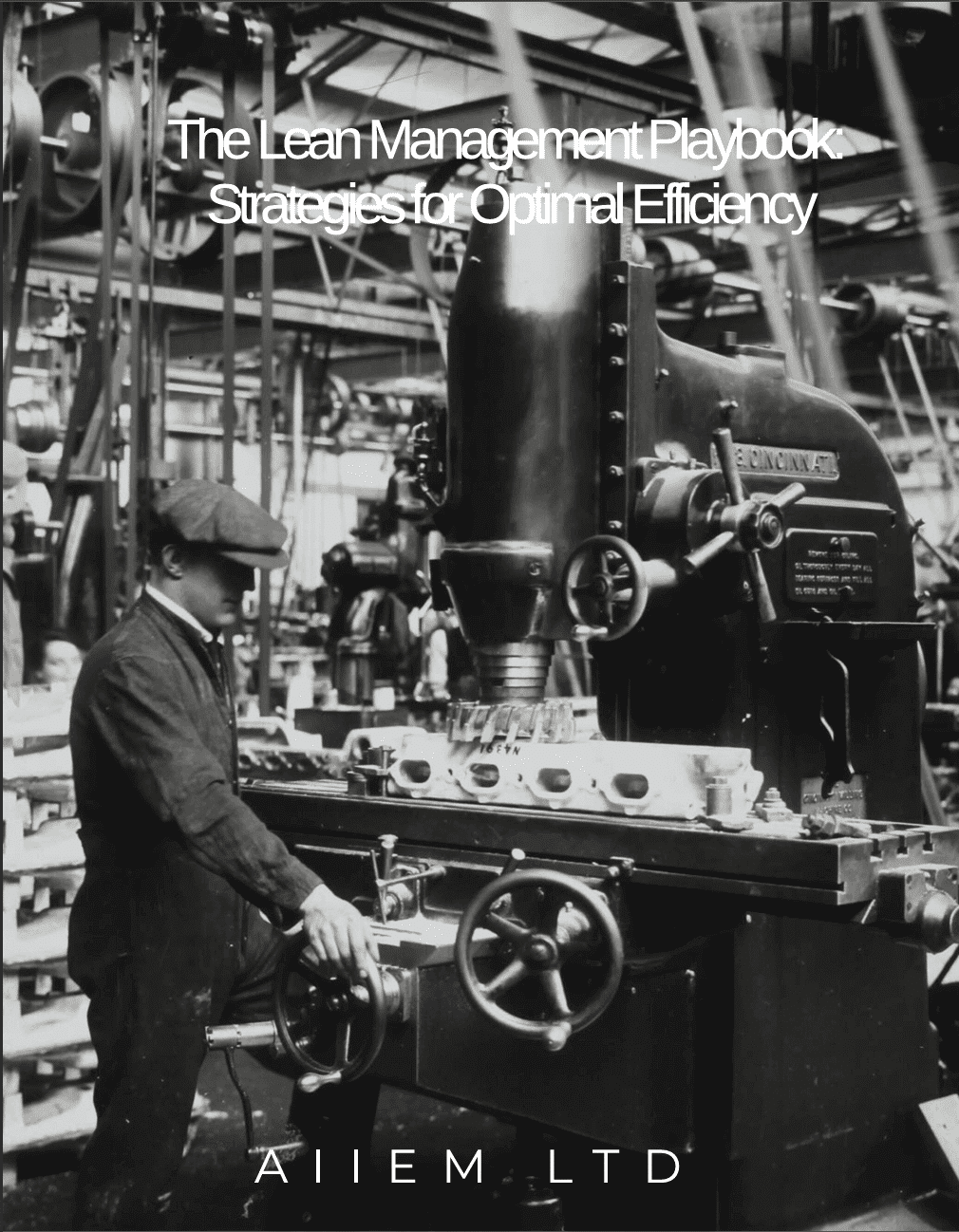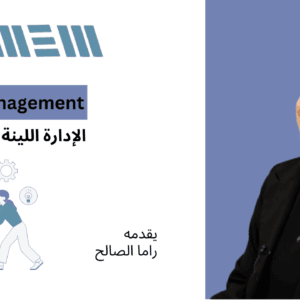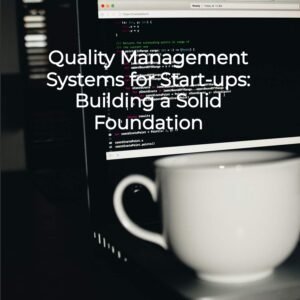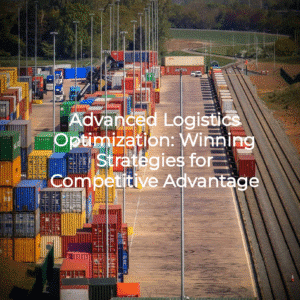Lean Management Playbook 2025 | Strategies for Optimal Efficiency
Lean Management is the foundation of modern operational excellence. In today’s competitive landscape, organizations must optimize resources, eliminate waste, and focus on delivering value to customers.
The book The Lean Management Playbook: Strategies for Optimal Efficiency provides a comprehensive guide to adopting lean principles, applying proven strategies, and achieving sustainable growth.
Whether you are a business leader, a professional in operations, or a student of industrial engineering, this book equips you with practical tools to succeed in a lean-driven world.
What is Lean Management?
Lean management is more than a methodology—it is a mindset that prioritizes continuous improvement, respect for people, and waste elimination.
According to the book, lean thinking focuses on streamlining processes, empowering teams, and ensuring that every activity adds value to the end customer.
This approach originated from Toyota Production System practices and has since become a global standard for efficiency.
Core Principles of Lean Management
The Lean Management Playbook highlights the five core principles that define lean success:
- Identifying value from the customer’s perspective.
- Mapping the value stream to eliminate waste.
- Creating continuous flow in processes.
- Establishing pull systems to respond to demand.
- Pursuing perfection through continuous improvement (Kaizen).
These principles serve as the backbone of lean transformations across industries.
Lean Tools and Techniques
The book provides practical insights into lean tools such as:
- 5S for workplace organization.
- Kanban for workflow visualization.
- Kaizen events for rapid improvement.
- Value Stream Mapping for process optimization.
- Six Sigma for reducing variability and improving quality.
By applying these techniques, organizations can achieve efficiency gains while empowering employees to contribute actively to improvement initiatives.
Key Insights from The Lean Management Playbook
This playbook combines theory with real-world applications, offering:
- Case studies of successful lean transformations in manufacturing and service sectors.
- Step-by-step frameworks for implementing lean in small, medium, and large organizations.
- Guidelines for developing a culture of accountability and ownership.
- Strategies to align lean with digital transformation and Industry 4.0 initiatives.
Benefits of Lean Management for Businesses
Organizations that adopt lean principles can expect transformative results:
- Reduced operational costs through waste elimination.
- Improved product and service quality.
- Faster delivery and improved responsiveness to customer demand.
- Increased employee engagement and innovation.
- Long-term competitiveness and sustainability.
The book shows how lean management creates value not just for the company, but also for its people and customers.
Challenges in Implementing Lean Management
While lean offers many benefits, the book acknowledges common challenges:
- Resistance to cultural change within organizations.
- Lack of leadership commitment or strategic alignment.
- Insufficient training or resources for employees.
- Difficulty in sustaining lean initiatives over time.
By anticipating these obstacles and applying proven solutions, companies can ensure long-term success.
Conclusion and Next Steps
The Lean Management Playbook: Strategies for Optimal Efficiency is a must-read for anyone committed to operational excellence.
It provides the tools, strategies, and inspiration needed to transform processes, engage employees, and deliver greater value to customers.
If your goal is to lead in efficiency, sustainability, and customer satisfaction, this book is your essential guide to the lean journey.
Benefits of Lean Management and Operational Efficiency
Integrating lean management into business operations fosters agility, cost reduction, and innovation.
It is a proven path to building organizations that adapt quickly and thrive in competitive environments.
How Lean Thinking Enhances Business Performance
Lean thinking enables organizations to focus on customer value, eliminate bottlenecks, and create a culture of continuous improvement.
This mindset encourages proactive problem-solving, leading to measurable performance gains across industries.

Want to apply lean tools in practice? Explore our Lean Management Professional Course for hands-on training.
Learn more about lean principles from the Lean Enterprise Institute, a global leader in lean research and education.







المراجعات
لا توجد مراجعات بعد.